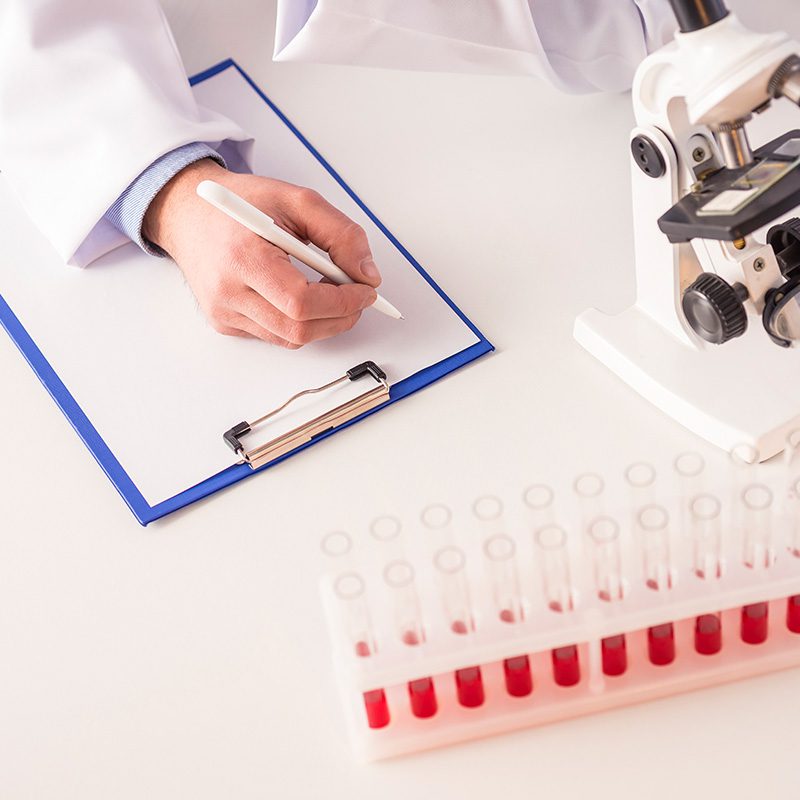About
The South Asia Biobank: A Comprehensive Data and Biological Resource
South Asia Biobank is a high quality data (lifestyle, environmental, sociodemographic, clinical and biochemical) and biological sample resource among ~ 100,000 South Asian participants in the UK (comprising LOLIPOP 2003 and 2020 cohorts).
LOLIPOP 2003, recruited participants aged 35-75 years from 58 general practices in West London, between 2003-2008.
LOLIPOP 2020, recruited South Asian participants aged 18-85 years from general practice lists across the UK, between 2020- 2024.
Data collection comprises; i. questionnaires (health and lifestyle); ii. physical measurements (height, weight, waist-hip circumference, body fat composition, blood pressure, 12-lead ECG, spirometry, retinal imaging, physical activity monitoring); and iii. biological samples (blood, urine) suitable for a wide range of molecular assays.
Data was captured electronically, and is stored on a secure cloud-based server. Data collection was standardised across the UK, including training, protocols and equipment.
All participants gave permission for long term follow up- including: i. linkage to medical and other health-related records; ii. genomic studies; iii. recall by genotype/phenotype. Follow-up will identify people with new onset cardiovascular disease, type-2 diabetes, chronic kidney disease, and other critical illnesses.
PARTNERS

Why was this study carried out
Background
Much progress in medical science has been made in the past five decades but this has not provided answers to why South Asians remain at such high risk of cardiovascular disease, diabetes, and other critical illnesses compared to other populations.
To date, most large-scale studies have largely recruited people of European ancestry. This lack of diversity in research hinders our understanding of reasons why populations such as South Asians are more susceptible to certain illnesses.
Design
South Asia Biobank is designed to bring together a large scale resource of biological data in-order to address critical questions, such as why South Asians remain at X3 risk of diabetes and x 2 risk of cardiovascular disease and other critical illnesses. South Asia Biobank was established to just that.
Future Benefit
South Asia Biobank is a major world-wide resource for medical researchers to help understand and prevent major diseases amongst South Asians. The more information we can arm ourselves with about serious conditions like heart disease, diabetes and obesity, the more chance we have of preventing disease, finding new treatments and even cures.
SOUTH ASIA BIOBANK Investigators
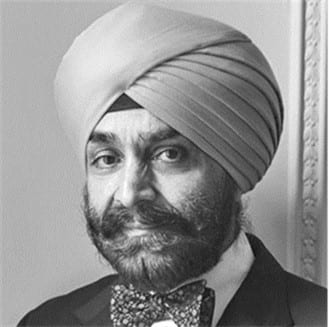
Professor Jaspal S Kooner
MBBS, MD, FRCP, FMedSci

Professor Paul Elliot
MBBS, PhD, FMedSci
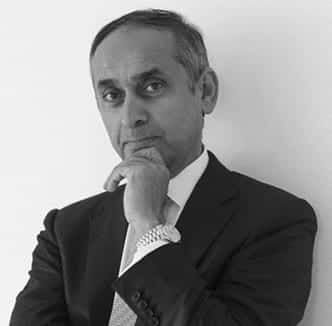
Professor The Lord Darzi of Denham
PC KBE FRS FMEDSCI HONFRENG
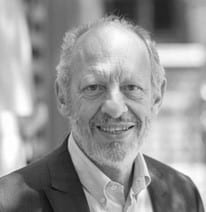
Professor Elio Riboli
BA, MBBS, FRCP, PhD

Professor Jaspal S Kooner
MBBS, MD, FRCP, FMedSci
Lorem ipsum dolor sit amet, consectetur adipiscing elit. Maecenas varius semper est, vehicula lacinia magna semper ac. Vivamus aliquam gravida velit, in volutpat lacus pretium nec. Aenean quis risus neque. In mattis nulla nec nibh vestibulum, sed mollis sapien sodales. Duis libero nulla, vehicula a est nec, gravida suscipit diam. Aliquam leo risus, sollicitudin nec risus nec, convallis rhoncus augue. In non orci sem. Vestibulum nec ipsum vel lorem scelerisque euismod at in turpis. Morbi vitae felis ac sapien pretium consectetur. Mauris quis elit elit. Lorem ipsum dolor sit amet, consectetur adipiscing elit. Vestibulum euismod mauris dolor, eu aliquam dolor scelerisque molestie. Donec efficitur scelerisque eros ut mattis. Suspendisse vestibulum laoreet orci, non porttitor leo rutrum in. Suspendisse imperdiet lacinia diam a varius. Aenean tincidunt ligula libero, vel euismod felis elementum eget.
Etiam in interdum arcu, quis consectetur mi. Suspendisse potenti. Cras auctor tortor quis dapibus pharetra. Nam pulvinar, enim vitae eleifend commodo, dui felis tempus mi, et porttitor tellus mi ut tellus. Vestibulum id fringilla est. Donec bibendum lacinia eros, id blandit diam volutpat ac. Nulla ultricies felis vitae urna volutpat, vel ultricies ligula malesuada. Curabitur aliquet est sit amet ligula placerat pharetra. Fusce molestie suscipit elit sed venenatis.
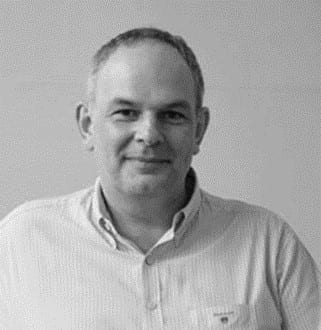
Professor John C Chambers
BA, MBBS, FRCP, PhD
Lorem ipsum dolor sit amet, consectetur adipiscing elit. Maecenas varius semper est, vehicula lacinia magna semper ac. Vivamus aliquam gravida velit, in volutpat lacus pretium nec. Aenean quis risus neque. In mattis nulla nec nibh vestibulum, sed mollis sapien sodales. Duis libero nulla, vehicula a est nec, gravida suscipit diam. Aliquam leo risus, sollicitudin nec risus nec, convallis rhoncus augue. In non orci sem. Vestibulum nec ipsum vel lorem scelerisque euismod at in turpis. Morbi vitae felis ac sapien pretium consectetur. Mauris quis elit elit. Lorem ipsum dolor sit amet, consectetur adipiscing elit. Vestibulum euismod mauris dolor, eu aliquam dolor scelerisque molestie. Donec efficitur scelerisque eros ut mattis. Suspendisse vestibulum laoreet orci, non porttitor leo rutrum in. Suspendisse imperdiet lacinia diam a varius. Aenean tincidunt ligula libero, vel euismod felis elementum eget.
Etiam in interdum arcu, quis consectetur mi. Suspendisse potenti. Cras auctor tortor quis dapibus pharetra. Nam pulvinar, enim vitae eleifend commodo, dui felis tempus mi, et porttitor tellus mi ut tellus. Vestibulum id fringilla est. Donec bibendum lacinia eros, id blandit diam volutpat ac. Nulla ultricies felis vitae urna volutpat, vel ultricies ligula malesuada. Curabitur aliquet est sit amet ligula placerat pharetra. Fusce molestie suscipit elit sed venenatis.

Professor Paul Elliot
MBBS, PhD, FMedSci
Lorem ipsum dolor sit amet, consectetur adipiscing elit. Maecenas varius semper est, vehicula lacinia magna semper ac. Vivamus aliquam gravida velit, in volutpat lacus pretium nec. Aenean quis risus neque. In mattis nulla nec nibh vestibulum, sed mollis sapien sodales. Duis libero nulla, vehicula a est nec, gravida suscipit diam. Aliquam leo risus, sollicitudin nec risus nec, convallis rhoncus augue. In non orci sem. Vestibulum nec ipsum vel lorem scelerisque euismod at in turpis. Morbi vitae felis ac sapien pretium consectetur. Mauris quis elit elit. Lorem ipsum dolor sit amet, consectetur adipiscing elit. Vestibulum euismod mauris dolor, eu aliquam dolor scelerisque molestie. Donec efficitur scelerisque eros ut mattis. Suspendisse vestibulum laoreet orci, non porttitor leo rutrum in. Suspendisse imperdiet lacinia diam a varius. Aenean tincidunt ligula libero, vel euismod felis elementum eget.
Etiam in interdum arcu, quis consectetur mi. Suspendisse potenti. Cras auctor tortor quis dapibus pharetra. Nam pulvinar, enim vitae eleifend commodo, dui felis tempus mi, et porttitor tellus mi ut tellus. Vestibulum id fringilla est. Donec bibendum lacinia eros, id blandit diam volutpat ac. Nulla ultricies felis vitae urna volutpat, vel ultricies ligula malesuada. Curabitur aliquet est sit amet ligula placerat pharetra. Fusce molestie suscipit elit sed venenatis.

Professor The Lord Darzi of Denham
PC KBE FRS FMEDSCI HONFRENG
Lorem ipsum dolor sit amet, consectetur adipiscing elit. Maecenas varius semper est, vehicula lacinia magna semper ac. Vivamus aliquam gravida velit, in volutpat lacus pretium nec. Aenean quis risus neque. In mattis nulla nec nibh vestibulum, sed mollis sapien sodales. Duis libero nulla, vehicula a est nec, gravida suscipit diam. Aliquam leo risus, sollicitudin nec risus nec, convallis rhoncus augue. In non orci sem. Vestibulum nec ipsum vel lorem scelerisque euismod at in turpis. Morbi vitae felis ac sapien pretium consectetur. Mauris quis elit elit. Lorem ipsum dolor sit amet, consectetur adipiscing elit. Vestibulum euismod mauris dolor, eu aliquam dolor scelerisque molestie. Donec efficitur scelerisque eros ut mattis. Suspendisse vestibulum laoreet orci, non porttitor leo rutrum in. Suspendisse imperdiet lacinia diam a varius. Aenean tincidunt ligula libero, vel euismod felis elementum eget.
Etiam in interdum arcu, quis consectetur mi. Suspendisse potenti. Cras auctor tortor quis dapibus pharetra. Nam pulvinar, enim vitae eleifend commodo, dui felis tempus mi, et porttitor tellus mi ut tellus. Vestibulum id fringilla est. Donec bibendum lacinia eros, id blandit diam volutpat ac. Nulla ultricies felis vitae urna volutpat, vel ultricies ligula malesuada. Curabitur aliquet est sit amet ligula placerat pharetra. Fusce molestie suscipit elit sed venenatis.

Professor Elio Riboli
BA, MBBS, FRCP, PhD
Lorem ipsum dolor sit amet, consectetur adipiscing elit. Maecenas varius semper est, vehicula lacinia magna semper ac. Vivamus aliquam gravida velit, in volutpat lacus pretium nec. Aenean quis risus neque. In mattis nulla nec nibh vestibulum, sed mollis sapien sodales. Duis libero nulla, vehicula a est nec, gravida suscipit diam. Aliquam leo risus, sollicitudin nec risus nec, convallis rhoncus augue. In non orci sem. Vestibulum nec ipsum vel lorem scelerisque euismod at in turpis. Morbi vitae felis ac sapien pretium consectetur. Mauris quis elit elit. Lorem ipsum dolor sit amet, consectetur adipiscing elit. Vestibulum euismod mauris dolor, eu aliquam dolor scelerisque molestie. Donec efficitur scelerisque eros ut mattis. Suspendisse vestibulum laoreet orci, non porttitor leo rutrum in. Suspendisse imperdiet lacinia diam a varius. Aenean tincidunt ligula libero, vel euismod felis elementum eget.
Etiam in interdum arcu, quis consectetur mi. Suspendisse potenti. Cras auctor tortor quis dapibus pharetra. Nam pulvinar, enim vitae eleifend commodo, dui felis tempus mi, et porttitor tellus mi ut tellus. Vestibulum id fringilla est. Donec bibendum lacinia eros, id blandit diam volutpat ac. Nulla ultricies felis vitae urna volutpat, vel ultricies ligula malesuada. Curabitur aliquet est sit amet ligula placerat pharetra. Fusce molestie suscipit elit sed venenatis.

Dr Robina Coker
BA, MBBS, FRCP, PhD
Lorem ipsum dolor sit amet, consectetur adipiscing elit. Maecenas varius semper est, vehicula lacinia magna semper ac. Vivamus aliquam gravida velit, in volutpat lacus pretium nec. Aenean quis risus neque. In mattis nulla nec nibh vestibulum, sed mollis sapien sodales. Duis libero nulla, vehicula a est nec, gravida suscipit diam. Aliquam leo risus, sollicitudin nec risus nec, convallis rhoncus augue. In non orci sem. Vestibulum nec ipsum vel lorem scelerisque euismod at in turpis. Morbi vitae felis ac sapien pretium consectetur. Mauris quis elit elit. Lorem ipsum dolor sit amet, consectetur adipiscing elit. Vestibulum euismod mauris dolor, eu aliquam dolor scelerisque molestie. Donec efficitur scelerisque eros ut mattis. Suspendisse vestibulum laoreet orci, non porttitor leo rutrum in. Suspendisse imperdiet lacinia diam a varius. Aenean tincidunt ligula libero, vel euismod felis elementum eget.
Etiam in interdum arcu, quis consectetur mi. Suspendisse potenti. Cras auctor tortor quis dapibus pharetra. Nam pulvinar, enim vitae eleifend commodo, dui felis tempus mi, et porttitor tellus mi ut tellus. Vestibulum id fringilla est. Donec bibendum lacinia eros, id blandit diam volutpat ac. Nulla ultricies felis vitae urna volutpat, vel ultricies ligula malesuada. Curabitur aliquet est sit amet ligula placerat pharetra. Fusce molestie suscipit elit sed venenatis.

